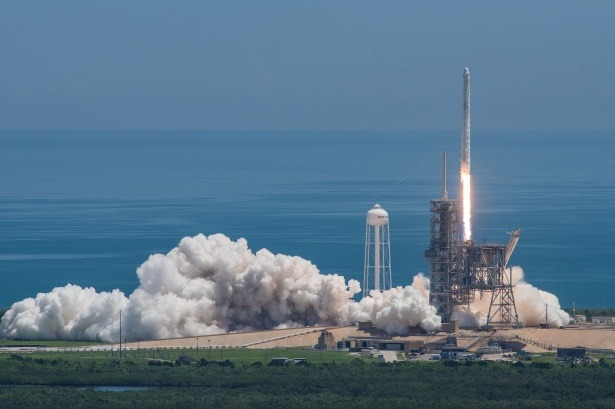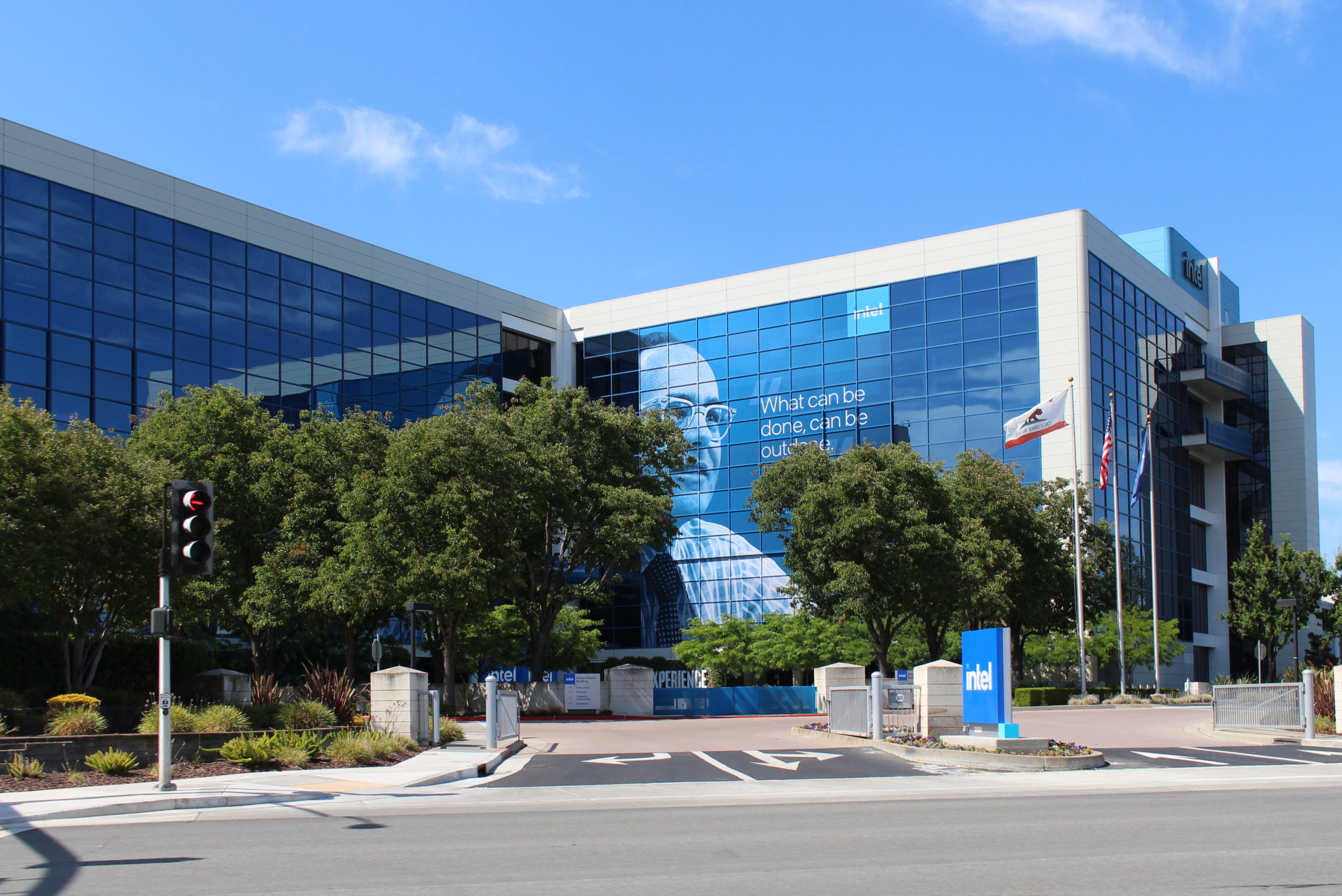When your county cuts off water service and redirects you to a private company that operates like a subscription service for essential utilities, you know something fundamental has shifted. SpaceX’s new water pipeline from Brownsville to Starbase represents more than infrastructure—it’s a glimpse into how corporate-controlled “cities” handle basic services.
The aerospace giant is replacing its current water trucking operation, which maxed out at 60,000 gallons daily, with a permanent pipeline. For SpaceX employees living and working at the South Texas launch site, this means reliable water access without the logistical headaches of coordinated truck deliveries. The pipeline also positions Starbase for expanded operations and housing as SpaceX scales its Mars mission preparations.
The Fine Print Gets Interesting
SpaceX’s conditional utility model transforms neighbors into contract-bound participants in corporate operations.
Here’s where corporate utility control takes an unexpected turn. SpaceX has offered water access to roughly 40 neighboring properties that lost county service, but only under these conditions:
- Perpetual evacuation agreements requiring residents to leave during any SpaceX launch, testing, or operational activity
- Zero legal recourse against the company or city for water quality, volume, or service issues
- No guaranteed service levels – access remains at SpaceX’s complete discretion
- Waived liability for any problems stemming from the private utility arrangement
“SpaceX has no obligation to provide residents with access… nor does it guarantee quality or volume of water,” explains Kent Myers, Starbase’s city administrator. That’s not typical utility-speak—that’s corporate subscription terms applied to drinking water.
The arrangement highlights something unprecedented: Starbase, incorporated just this past May and governed by SpaceX executives, doesn’t operate public utilities. Everything runs through private corporate systems, creating a modern company town where essential services flow through boardroom decisions rather than municipal obligations. Unlike traditional utilities regulated under state oversight, SpaceX lacks a Certificate of Convenience and Necessity from the Texas Public Utility Commission, meaning they face no legal mandate to serve the broader public.
Beyond Starbase’s Borders
This water pipeline precedent could reshape how tech companies control infrastructure in remote development zones.
This isn’t just about one Texas community. SpaceX’s approach sets a template for how remote tech facilities might handle infrastructure as they expand into previously undeveloped areas. When companies build in places where traditional utilities don’t reach, they’re essentially writing the playbook for corporate-controlled essential services—a model that other space companies like Blue Origin are watching closely.
The pipeline solves SpaceX’s operational scaling challenges while creating something entirely new: utility access that requires signing away your right to stay put when rockets launch. As more tech companies establish remote facilities from Nevada desert data centers to Alaska satellite grounds, the Starbase model raises fundamental questions about the balance between corporate efficiency and community autonomy.
Will conditional access to basic services become the norm, or will regulators step in to preserve traditional utility protections before more communities find themselves negotiating with corporate landlords for drinking water?




























